Navigating the Path to Fitness: A Comprehensive Look at Walk Tracking Apps
Related Articles: Navigating the Path to Fitness: A Comprehensive Look at Walk Tracking Apps
Introduction
In this auspicious occasion, we are delighted to delve into the intriguing topic related to Navigating the Path to Fitness: A Comprehensive Look at Walk Tracking Apps. Let’s weave interesting information and offer fresh perspectives to the readers.
Table of Content
Navigating the Path to Fitness: A Comprehensive Look at Walk Tracking Apps
:max_bytes(150000):strip_icc()/mapmywalk2x3-593c774d3df78c537b489632.jpg)
In an era marked by increasing emphasis on health and wellness, technology has emerged as a potent ally. Among the myriad tools available, walk tracking apps have gained significant popularity, empowering individuals to embark on personalized fitness journeys. This article delves into the world of walk tracking apps, exploring their functionalities, benefits, and the impact they have on individuals’ lives.
Understanding Walk Tracking Apps: A Digital Companion for Fitness
Walk tracking apps, often referred to as "pedometer apps," are digital tools designed to monitor and analyze walking activity. These apps utilize a combination of GPS technology, motion sensors, and user input to record essential data points such as distance covered, time taken, pace, calories burned, and route traveled.
Key Features and Functionalities:
- Route Tracking: Walk tracking apps provide real-time mapping of the user’s walking route, enabling them to navigate unfamiliar paths and stay on course.
- Distance and Time Measurement: These apps accurately measure the distance covered and time spent walking, allowing users to track their progress and set achievable goals.
- Pace and Speed Analysis: Users can monitor their walking pace and speed, identifying areas for improvement and optimizing their performance.
- Calories Burned Estimation: Based on user-specific data such as weight, height, and age, these apps provide an estimated number of calories burned during each walk.
- Step Counting: Many apps incorporate a step counter, offering a convenient way to track daily activity levels and encourage movement.
- Social Features: Several walk tracking apps include social features that allow users to connect with friends, share their progress, and participate in challenges.
- Personalized Recommendations: Some apps analyze walking data to provide personalized recommendations for routes, workouts, and goals, fostering a tailored approach to fitness.
- Health Integrations: Certain apps integrate with other health platforms, allowing users to combine their walking data with other health metrics such as sleep patterns and heart rate.
Benefits of Walk Tracking Apps:
- Motivation and Accountability: These apps provide a tangible measure of progress, motivating users to stay consistent with their walking routine. The ability to track and visualize their activity encourages them to maintain momentum and achieve their fitness goals.
- Increased Physical Activity: By making it easy to track and monitor walking activity, these apps encourage users to incorporate more walking into their daily lives. This can lead to significant health benefits, including weight management, improved cardiovascular health, and reduced risk of chronic diseases.
- Personalized Insights: The data collected by walk tracking apps offers valuable insights into individual walking habits. This information can help users identify areas for improvement, set realistic goals, and optimize their walking routines.
- Enhanced Safety: Some apps include features that enhance safety during walks, such as the ability to share location with friends or family, or receive emergency alerts.
- Community Support: Social features in walk tracking apps allow users to connect with others who share similar fitness goals. This sense of community provides motivation, support, and encouragement, fostering a positive and supportive environment for reaching fitness aspirations.
Addressing Common Concerns:
- Privacy Concerns: Some users may have concerns about the privacy of their location data collected by these apps. It is essential to choose apps from reputable developers with strong privacy policies and to carefully review the permissions requested by the app.
- Accuracy of Data: While walk tracking apps strive for accuracy, factors like GPS signal strength and terrain can affect data precision. It is important to be aware of these limitations and not solely rely on the app for absolute accuracy.
- Over-reliance on Technology: It is crucial to remember that technology is a tool, not a substitute for genuine enjoyment and engagement with physical activity. The focus should remain on the experience of walking itself rather than solely on achieving numerical targets.
FAQs Regarding Walk Tracking Apps:
Q: Are walk tracking apps suitable for all fitness levels?
A: Yes, walk tracking apps are designed for individuals of all fitness levels. Users can set their own goals and adjust the intensity of their walks based on their capabilities and preferences.
Q: Do I need a smartphone to use a walk tracking app?
A: Most walk tracking apps require a smartphone, but some apps may also be available on wearable devices like smartwatches.
Q: How do I choose the right walk tracking app for me?
A: Consider factors such as the features offered, user interface, privacy policy, and compatibility with your device. Read reviews and compare different apps before making a choice.
Q: Can walk tracking apps help me lose weight?
A: While walk tracking apps can contribute to weight loss by encouraging physical activity, they are not a magic bullet. A comprehensive weight loss plan should include a balanced diet, regular exercise, and other lifestyle changes.
Tips for Maximizing the Benefits of Walk Tracking Apps:
- Set Realistic Goals: Start with achievable goals and gradually increase the distance or frequency of your walks as you progress.
- Find a Walking Buddy: Walking with a friend can make the experience more enjoyable and provide motivation to stay consistent.
- Explore Different Routes: Varying your walking routes can make the activity more interesting and prevent boredom.
- Listen to Your Body: Pay attention to any pain or discomfort and adjust your walking routine accordingly.
- Stay Hydrated: Drink plenty of water before, during, and after your walks, especially in hot weather.
Conclusion:
Walk tracking apps have revolutionized the way individuals approach fitness, providing a convenient and engaging platform to monitor, analyze, and enhance walking activity. By leveraging technology, these apps empower users to embrace a healthier lifestyle, achieve their fitness goals, and enjoy the numerous benefits of regular walking. While technology plays a vital role, it is essential to remember that the true essence of walking lies in the experience itself, the connection with nature, and the sense of well-being it brings. Walk tracking apps can be valuable tools, but they should not overshadow the intrinsic joy and satisfaction of simply taking a walk.
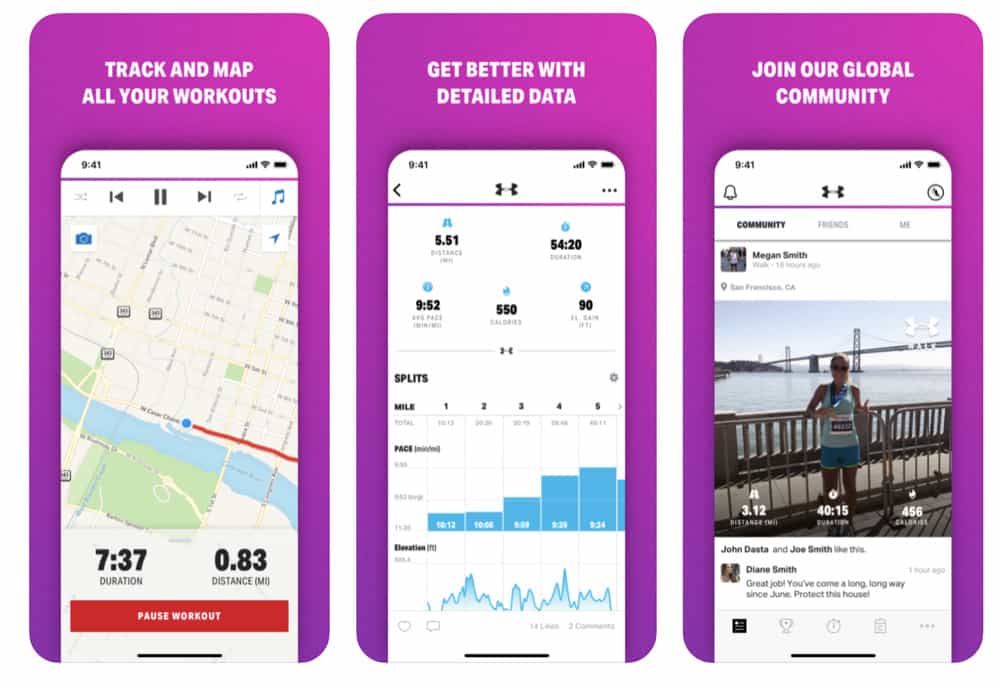
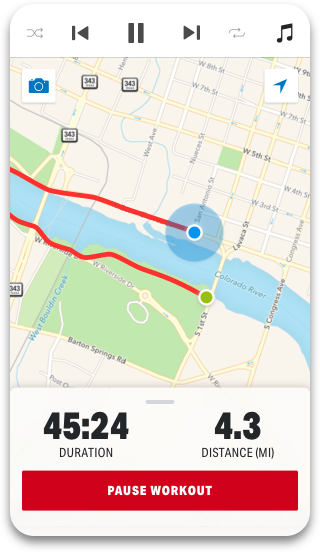
![]()
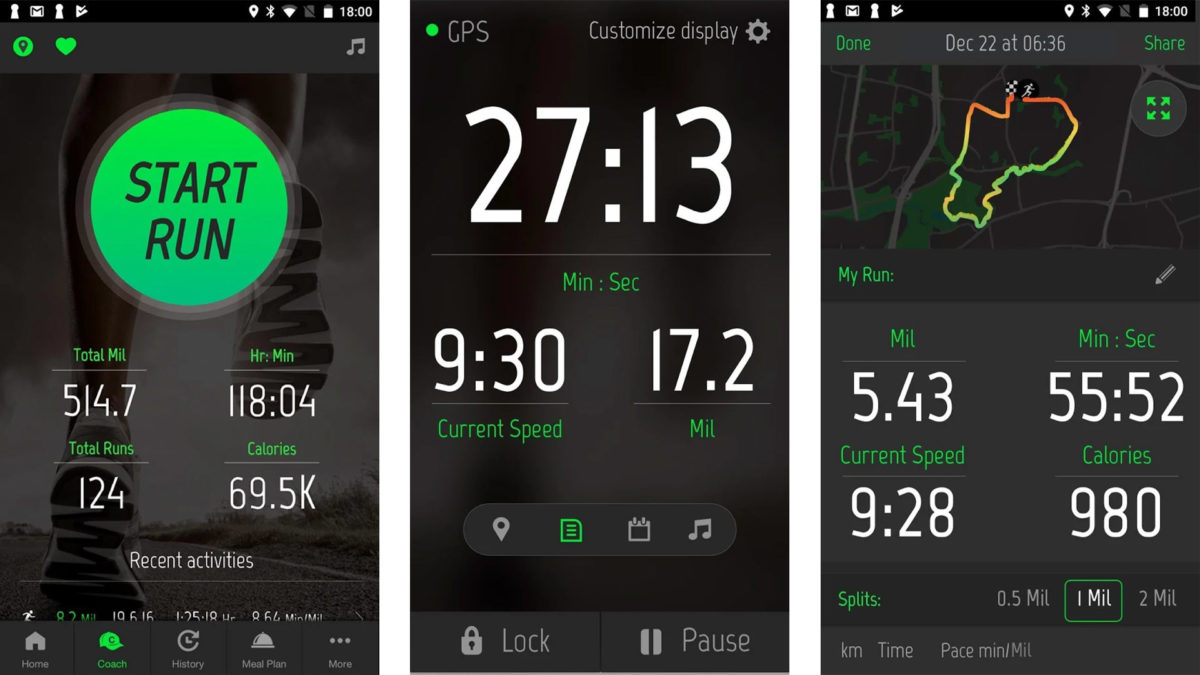
![]()
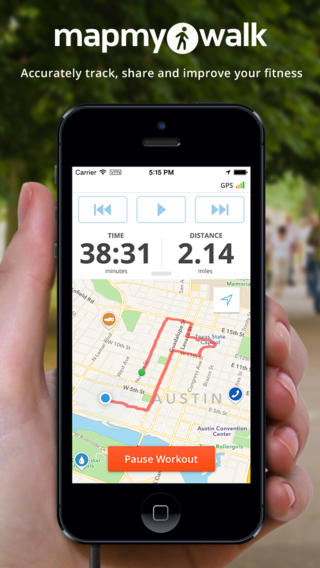
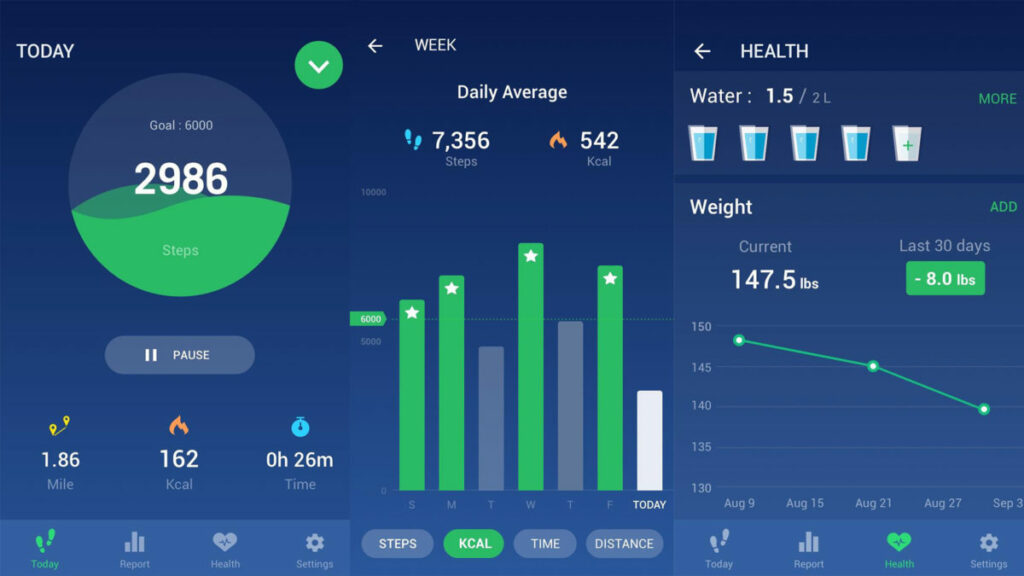
![]()
Closure
Thus, we hope this article has provided valuable insights into Navigating the Path to Fitness: A Comprehensive Look at Walk Tracking Apps. We appreciate your attention to our article. See you in our next article!